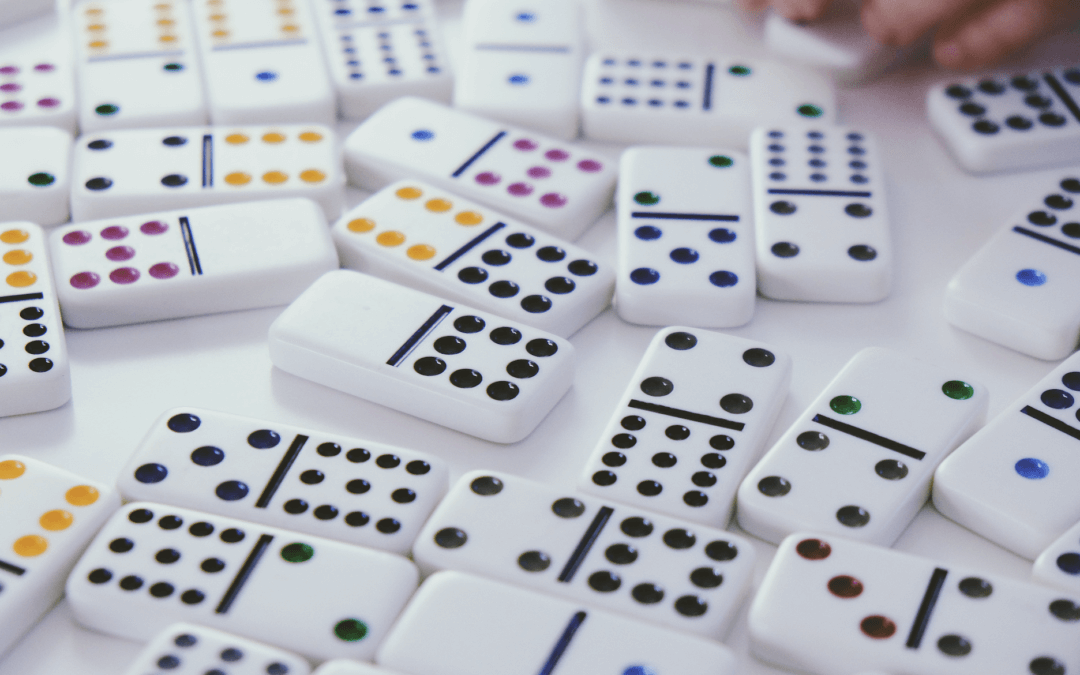There are many sources of learning in the home and learning maths through family board games is a great place to start! I always put a lot of thought in to buying presents, and the teacher in me just can’t resist choosing a child’s gift that sneaks in some learning along the way. As a result I have spent many hours scouring toy shops, and have discovered that board games are fantastic for supporting children’s maths learning.
The joy of having my own family is I can play with the gifts that I have chosen, and some of the best spent family time I’ve had with my own children is when sat playing board games together.
That said, my daughter’s teacher radar is finely tuned; any game has to be fun and “feel like a game, not a lesson” for her to consider playing it. I completely agree, games should always be fun, but those which include quality maths thinking along the way make them great.
So, as we speed towards December and thoughts turn to Christmas shopping and gift buying, here are some games that go down a storm in my house.
Dobble (3 years +)
This game encourages players to think about what is the same and what is different. Comparison is an important maths skill which supports key concepts such as equivalence, more, less, bigger, smaller. The game also builds concentration and attention to detail. You can play this games in lots of different ways, and there are lots of different versions of dobble to keep children interested in learning maths through family board games.
Possible questions: How are they the same? How are they different?
Quirkle (6 years +)
This game encourages players to organise tiles into patterns according to shape and colour. This could be described as the mathematical version of Scrabble!
Building logical and systematic thinking builds children’s mathematical understanding and reasoning.
Possible questions: How did you decide where to put your tile? What else could go there?
Smart Logic games (3 years +)
We have several Smart games, which all encourage the player to work through a series of challenges (in the form of cards/booklet) to problem solve.
The games focus on spatial reasoning, logic and problem solving, and are also available as compact games and travel games. They have just launched preschool smart games, which will definitely be on my shopping list for my 3 year old.
Possible questions: How did you know where to put that? I wonder what might happen if I put there there?
Rummikub (7 years +)
This 2 -4 player game encourages players to group tiles into sets of 3, then place them on to the board. Players have to consider order, and sequence and think strategically to make use of the numbers available on the board to add to, or make new sequences. Introducing a time limit for each player to take their turn increases the level of challenge, and makes it suitable for children and adults to play together.
Possible questions: How did you decide which tiles to put there? Would would happen if I added my tile to your sequence? Can I take this tile and add it to this group?
If you’d like some advice about how you can use everyday tasks to help support your child’s learning, please get in touch and discuss our mentoring services.

